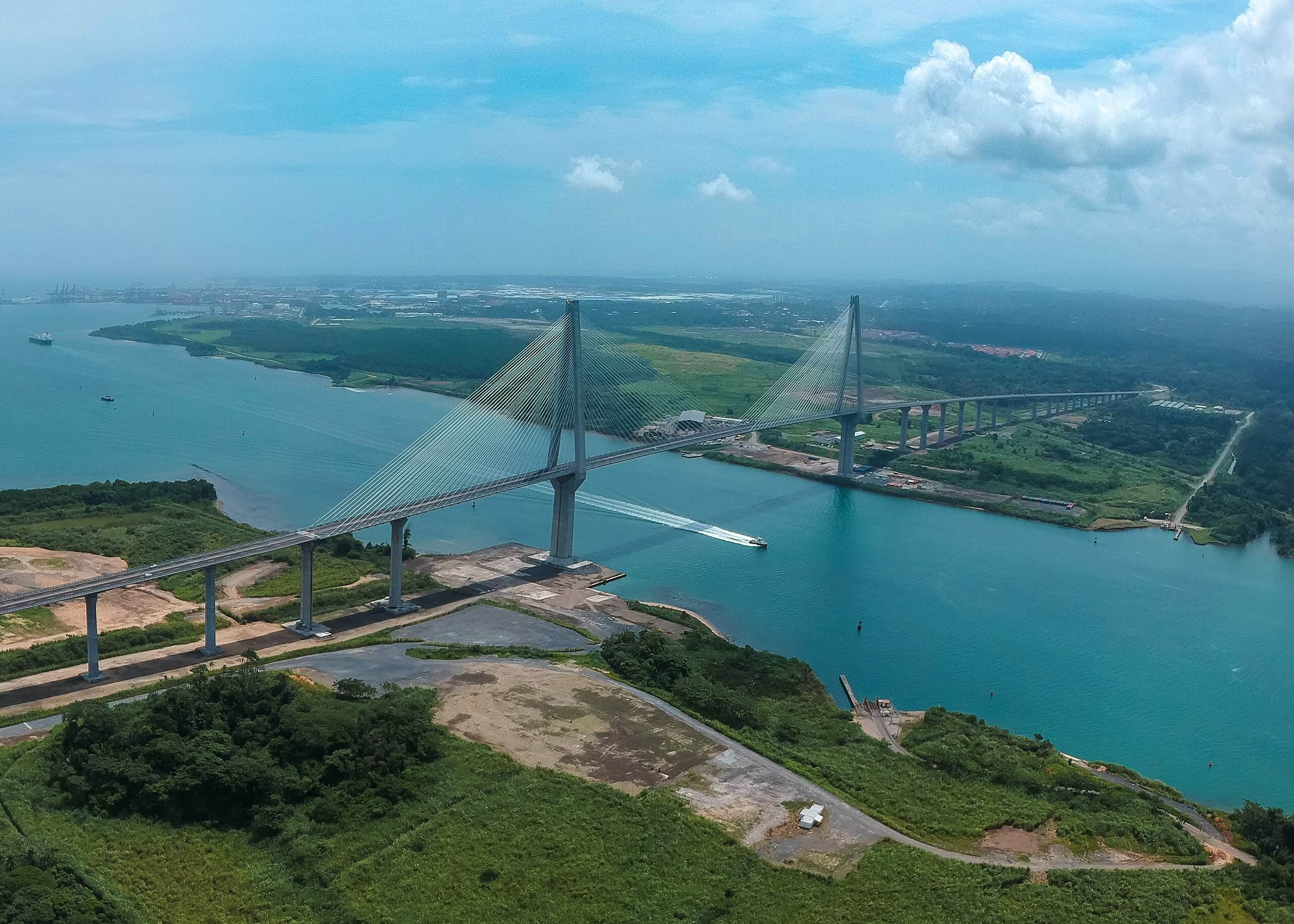China and the Panama Canal: A Strategic Relationship Under Scrutiny
Photo: Wikimedia Commons.
The Panama Canal, responsible for 57% of commercial transit between Asia and the eastern coast of the United States, is a strategic point for global trade. In this context, investments from the People’s Republic of China (PRC) have had significant impacts on Panama’s economy, sovereignty, and security.
After Panama broke diplomatic ties with Taiwan in 2017, the Central American country strengthened its relations with the PRC, enabling its entry into the Belt and Road Initiative (BRI). This opened the door to various projects in logistics infrastructure, mining, and telecommunications. However, a significant percentage of these projects have faced contractual irregularities, hindering their execution.
The China Index, developed by Doublethink Lab, measures China’s global influence and reveals that Panama is the second most influenced country in the Americas by Chinese business and politics, surpassed only by Peru. In 2020, bilateral trade between Panama and China reached USD 315 billion, a significant increase compared to the USD 12 billion recorded in 2000.
Among the most notable cases is the acquisition of Margarita Island in the Colón Free Zone for USD 1 billion in 2017. The project was canceled due to environmental damage and multiple irregularities, including an investment far below the agreed amount. Similarly, a high-speed rail project, valued at USD 4 billion, was abandoned due to lack of feasibility and high costs.
Another relevant case is the copper mine in Colón, operated by Minera Panamá, which sparked controversy due to its ties with the Chinese state-owned company Jiangxi Copper Ltd.. The contract clauses granted full land and air control over 13,000 hectares, provoking social criticism and leading the Supreme Court of Justice to declare the contract unconstitutional in 2023.
Finally, it is crucial to highlight China’s National Security Law, which mandates that Chinese companies collaborate in government intelligence processes. This could transform projects initially intended for civilian infrastructure into military assets. Given Panama’s strategic location, this poses a significant geopolitical risk, underscoring the importance of ensuring transparency and oversight in future investments.
Main Source:
Oportunidades y amenazas chinas en Panamá – Expreso
Related News:
Panama and China Review Their Bilateral Agenda
Panama requests China’s accession to the Canal Neutrality Treaty
President Laurentino Cortizo Opposes China’s Management of the Panama Canal
You may be interested in:
Administrador del Canal de Panamá niega injerencia china en la vía interoceánica – Portal Portuario

